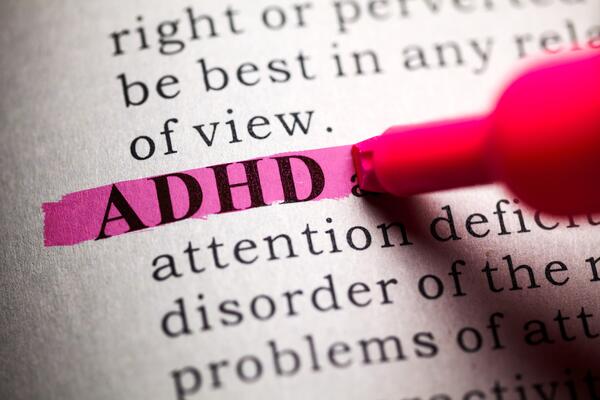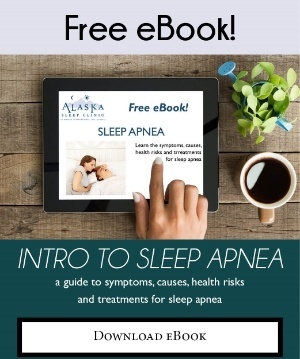
So, how exactly does untreated ADHD affect your sleep? Approximately 25 to 50% of people with ADHD experience sleep problems. Keep reading to learn more about how ADHD affects sleep and what you can do about it.
Late to Bed, Early to Rise?
Sleep scientists have observed that the sleep patterns of individuals with ADHD change around the time of puberty. Without the intervention of doctors, psychiatrists, or functional medicine ADHD, sleep problems in individuals with ADHD worsen with age. The biological reason for this is unknown. However, it can be difficult to calm the brain down for sleep with ADHD, because individuals may experience sudden bursts of energy or mental restlessness. Nighttime is a common time for people with ADHD to “hyperfocus” their extra energy and attention on activities and projects. All of these can lead people with untreated ADHD to stay awake longer than they should.
Research shows that it is more likely that people with predominantly inattentive type ADHD naturally fall asleep late at night and spend less time sleeping. Individuals with predominantly hyperactive-impulsive type ADHD are more likely to experience insomnia. Those with combined hyperactive-impulsive and inattentive ADHD tend to experience both a late bedtime and insomnia. These sleep problems can lead to poor sleep quality regardless of the problem.
Frequent Awakenings
Studies have found that people with untreated ADHD tend to have more difficulty falling asleep and staying asleep than the average person. At the same time, some individuals with ADHD tend to experience more frequent awakenings throughout the night. This restless sleep can make an individual wake up without feeling refreshed or rested.
If you have ADHD and don’t get the sleep you need a couple of times a week, you may have trouble staying awake the rest of the time. This may be because you aren’t getting enough sleep, and your brain is running low on energy. This phenomenon may be an indication that you aren’t getting enough REM sleep. So, if you’re experiencing frequent awakenings, it may be worth seeing a doctor or sleep specialist to get tested for sleep disorders.
Irregular Sleep Patterns and Excessive Daytime Sleepiness
People with untreated ADHD tend to experience irregular sleep patterns or excessive daytime sleepiness. Along with a later bedtime, insomnia, and frequent awakenings, it is common for up to 80% of adults with ADHD to report that they are extremely difficult to wake up in the morning. Some individuals reported sleeping through multiple alarms or noted that they were unable to be woken up by family members. When they are woken up, people with undiagnosed ADHD may be highly agitated or angry.
The lack of quality sleep at night can lead those with undiagnosed ADHD to experience extreme daytime sleepiness. Individuals may have more trouble staying alert and remembering important details. They may also involuntarily fall asleep during the daytime.
Management of sleep problems in individuals with ADHD
As part of a multimodal treatment plan for patients with ADHD, special attention needs to be given to interventions that focus on improving sleep and bedtime behavior. The National Sleep Foundation (NSF) offers tips to help adults and children sleep better. The following suggestions may help to accomplish a smoother transition from wakefulness to restful sleep.
Practice good sleep habits. Maintain a regular bed and wake schedule, even on weekends; avoid caffeine after late afternoon; avoid nicotine and alcohol close to bedtime; use the bed for sleeping only and avoid having children watch television or videos before bedtime.
Set up a realistic time for bed, and stick to that schedule. Behavioral techniques may be necessary to help children with ADHD stay in bed. Children with ADHD do better with structure and knowing what to expect ahead of time.
Pay attention to the room environment. Keep the bedroom dark, quiet, cool, and comfortable for the best sleep. Using a fan or humidifier to create white noise can help. Minimize potential interruptions, such as outside noise; keeping televisions, computers, video games, and other electronic equipment out of the bedroom helps create a sleep-friendly environment. The light emitted from electronics can delay the release of the sleep-inducing hormone melatonin. In addition, these devices can overstimulate the brain, making it harder to go to sleep.
Get plenty of exercise during the day. Exercise helps dissipate hyperactivity and feelings of restlessness in those with ADHD. However, exercising close to bedtime can make it more difficult to fall asleep, so exercise should be completed at least three hours before bedtime.
Monitor eating times. Eating heavily too close to bedtime can inhibit a good night’s sleep. However, because some children with ADHD don’t get enough calories throughout the day to maintain proper nutrition, a small snack close to bedtime can ease bedtime hunger pains and help maintain a healthy weight.
Establish a routine. People benefit from a relaxing routine at the end of the day. This helps ease the transition from the activities of the day to the calm restfulness of sleep. This is especially important for children, as they thrive on and need routines.
Consult your doctor if necessary. Using prescribed or over-the-counter medications to improve sleep is a decision that needs to be made with a physician. Type of medication, duration, and side effects are some of the considerations that need to be taken into account before starting any medication for sleep problems. Medications can affect people differently. Discuss any medication taken with a physician
to determine if there are any side effects that could affect the quantity or quality of sleep.
Conclusion
People with untreated ADHD often struggle with sleep because their brains simply don’t function as efficiently as the brains of their non-ADHD peers. Fortunately, with proper diagnosis and treatment, it is possible to mitigate or even reverse many of the effects of untreated ADHD on sleep. Sleep intervention can improve the quality of your sleep, ADHD symptoms, and your quality of life. If you experience any of the symptoms of untreated ADHD or sleep problems, it is important to see your doctor and have an honest conversation.












